| Bonner had been the first. The first to get an old Dodge motor running well enough to venture out into the world. He had traveled, cautiously at first, through the continent finding groups of survivors—not many but enough to convince him that his work was worth doing. Slowly he began linking the bands together, building a network, trading information for supplies. Others had joined him. Leather came riding out of the dawn one morning and said he had been all the way to New York. Gradually people had come to trust the Outriders, they were the closest thing to heroes the new world had. |
I'm a sucker for post-apocalyptic stories, and I always have been. I'm drawn to these stark, often morbid themes. Epic films such as The Planet of the Apes, The Terminator, The Road Warrior, The Omega Man, and Panic in the Year Zero, the animated classic Thundarr the Barbarian, science fantasy novels such as Hiero's Journey, The Unforsaken Hiero, and A Canticle for Leibowitz, as well as the stunning Jack Kirby comic book Kamandi: The Last Boy on earth, are some of my favourite narrative experiences. In fact, the relatively recent novel The Road, by Cormac McCarthy, with it's stark, unromanticised view of the end-of-times, has become top on my list of legendary books. In any media, near-total destruction can be quite fun!
As mortifying as the subject matter might be in the real world, from the comfort and safety of a warm chair, it's just the thing to get my imagination going. In fact, my first memory of this type of imagery was the 1st issue of Hercules Unbound [above, left], in which the ancient demigod dashes about in a post-apocalyptic wasteland, complete with creature-haunted ruins and gore-mad radioactive mutants! It was 1975, and I was ten; only the two amazing Science fiction TV series The Outer Limits and The Twilight Zone did more to wonderfully scramble my kid-type brain. In fact, both of those series have episodes dedicated to the post-apocalyptic experience.
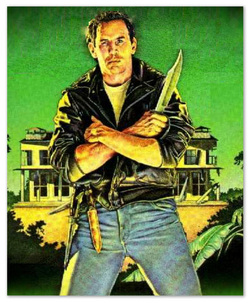 Bonner, The Outrider
Bonner, The Outrider The Outrider series is very much in that universe. Owing 99% of it's existence to the Australian science fiction classic Mad Max and its sequel, The Road Warrior, the first of the five installments in The Outrider series was released in 1984. Set in a harsh, post-nuclear America, the stories follow the exploits of the rugged warrior Bonner, as he struggles for survival in a world with very few (if any) friendly faces.
Bonner's home base is Chicago, or what's left of it, and it sounds a bit like the Chicago of the 1920s; gangsters, whores, thieves, and liars are plentiful, and these shady qualities are often embodied in one individual. Bonner fits in very well. He's a classic anti-hero; 'goodness' (by the standards set by our cushy real lives) isn't necessary his default, but he falls on that side more often than not. Because of this, the confrontations are many in the Outrider books; they're pretty exciting overall, with lots of of good killing and murderous mayhem.
Bonner is accompanied by two mountainous brutes called "The Mean Brothers". They're a bloodthirsty pair, carrying the axe and shovel Bonner gives them. As the story goes along, they unleash truckloads of whup-ass on whomever needs it, and they seem to need quite a bit. They add a tremendous amount of colour to an already colourful series; every good futuristic adventure needs some kind of mutant-type characters, wot?
As far as what place the series holds in the overall literary universe, Vladimir Nabokov they are not; that's what I enjoy most about them. Now, this is going to sound unflattering, but to me, they're refreshingly not well written. They feel as if a typical Hell's Angels biker sat down and wrote a book that his buddies would like to read. The prose is pretty broad, with lots of machismo, and the characters are as crude and animated as those in a silent western film. It's quick, rough-around-the-edges stuff:
Bonner's home base is Chicago, or what's left of it, and it sounds a bit like the Chicago of the 1920s; gangsters, whores, thieves, and liars are plentiful, and these shady qualities are often embodied in one individual. Bonner fits in very well. He's a classic anti-hero; 'goodness' (by the standards set by our cushy real lives) isn't necessary his default, but he falls on that side more often than not. Because of this, the confrontations are many in the Outrider books; they're pretty exciting overall, with lots of of good killing and murderous mayhem.
Bonner is accompanied by two mountainous brutes called "The Mean Brothers". They're a bloodthirsty pair, carrying the axe and shovel Bonner gives them. As the story goes along, they unleash truckloads of whup-ass on whomever needs it, and they seem to need quite a bit. They add a tremendous amount of colour to an already colourful series; every good futuristic adventure needs some kind of mutant-type characters, wot?
As far as what place the series holds in the overall literary universe, Vladimir Nabokov they are not; that's what I enjoy most about them. Now, this is going to sound unflattering, but to me, they're refreshingly not well written. They feel as if a typical Hell's Angels biker sat down and wrote a book that his buddies would like to read. The prose is pretty broad, with lots of machismo, and the characters are as crude and animated as those in a silent western film. It's quick, rough-around-the-edges stuff:
| "Bonner placed his foot on Hatchet's stomach and yanked the deeply embedded knife from the man's body. He snatched off Hatchet's bandana, cleaned the blade, then slid it back into the holster resting on his hip. Two other knives rested there and the three black bone handles gleamed, as if smiling at the job done and waiting alertly for another chance to strike. The force behind Bonner's throw had been born of pure hate and, inwardly, he cursed himself for it. He could not afford to get worked up, not where Leatherman was concerned. He had to trust his instincts but keep anger out of things. Anger made you sloppy." |
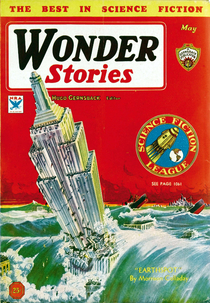
Like the paperback western novels on any grocery store magazine rack, they're basically a continuation of the pulp magazine tradition; simply written, brash, full of action and imagination. The end of the modern world was an overwhelmingly common theme in the 40's-era magazines, and with the increasingly nihilistic vibe of the American political universe, the stories became more cynical and brutal as time went on. I think that the Apocalypse-visionaries of the golden age of the pulp, if they were to read any in the later stages of the theme (especially MacCarthy's The Road), they would be stunned by how emotionally dark the attitude of the country had become a mere fifty years later.
The Outrider is just one of many novels in the new apocalypse-pulp tradition. Among them are James Axler's Deathlands & Outlanders series (Axler is the pen-name of comic book writer/novelist Mark ellis), William Johnstone's Ashes series, The Warlord series, by Jason Frost (a house name for the writers Raymond Obstfeld and Rich Rainey), David Robbins' Endworld, The Traveler, by D. B. Drumm (another house name used for sci-fi writer John Shirley), and many others of greater or lesser degrees of notoriety. All of them have one thing in common; they follow a hardened character through a desperate struggle to survive a "world gone mad". In the present day, in which "doomsday preppers" are a genuine subculture, they have a built-in fan base.
The Outrider is just one of many novels in the new apocalypse-pulp tradition. Among them are James Axler's Deathlands & Outlanders series (Axler is the pen-name of comic book writer/novelist Mark ellis), William Johnstone's Ashes series, The Warlord series, by Jason Frost (a house name for the writers Raymond Obstfeld and Rich Rainey), David Robbins' Endworld, The Traveler, by D. B. Drumm (another house name used for sci-fi writer John Shirley), and many others of greater or lesser degrees of notoriety. All of them have one thing in common; they follow a hardened character through a desperate struggle to survive a "world gone mad". In the present day, in which "doomsday preppers" are a genuine subculture, they have a built-in fan base.
I was able to re-acquire all five of the The Outrider books easily and quite cheaply on Amazon.com. Of the novels of that I have read of its kind, this one appeals to me the most; It has a real sense of the adventurous side of apocalyptic fiction, and with the addition of the Mean Brothers, a dash of rakish excitement.
I recommend them for good, rustic action-packed fun.
I recommend them for good, rustic action-packed fun.
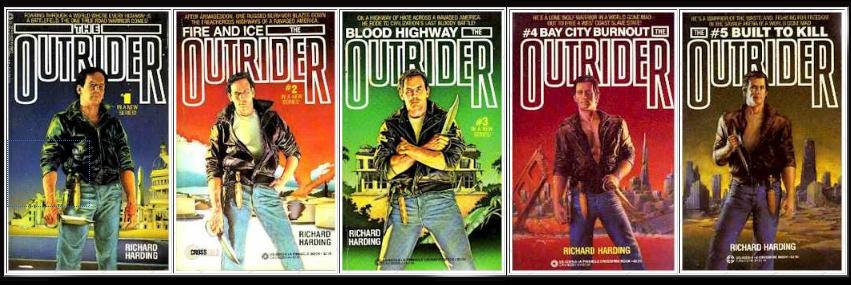
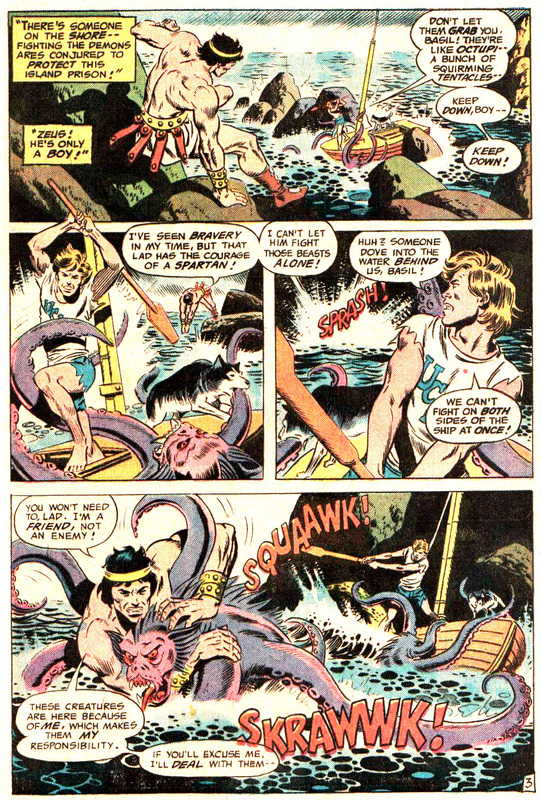
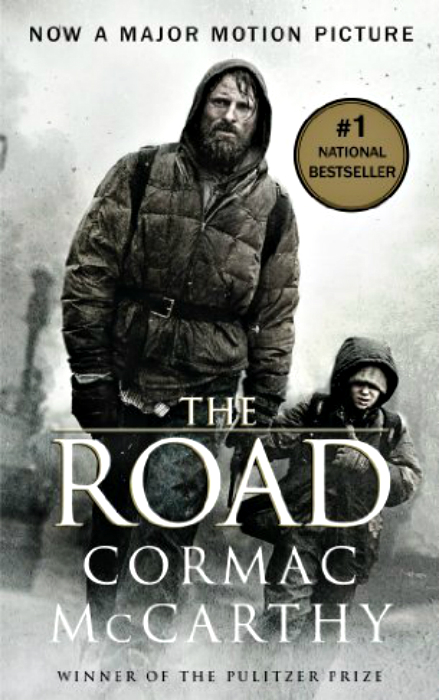
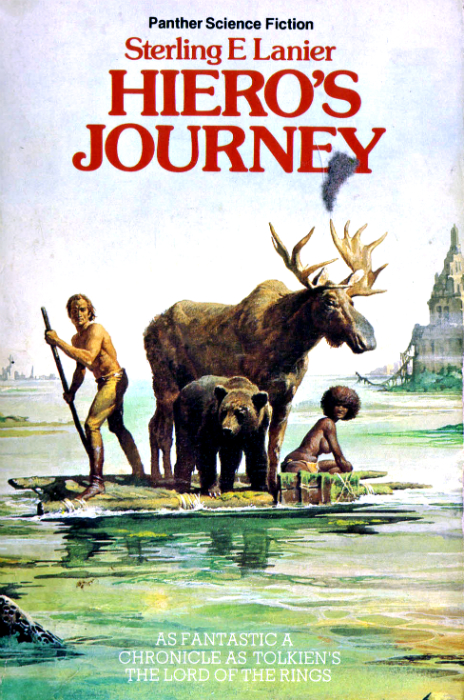
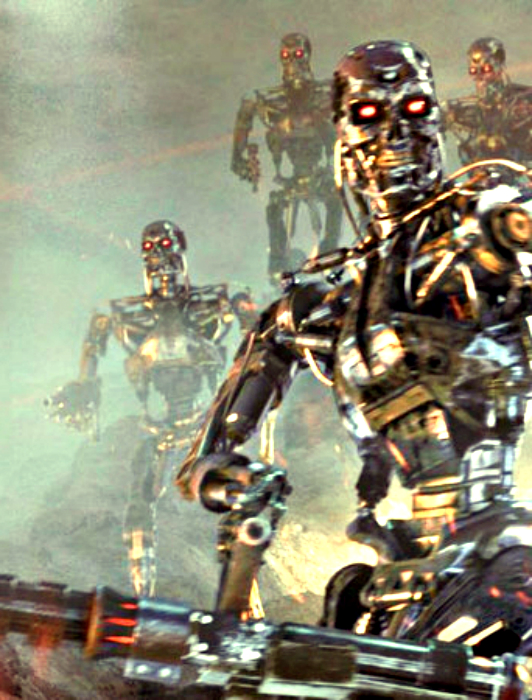
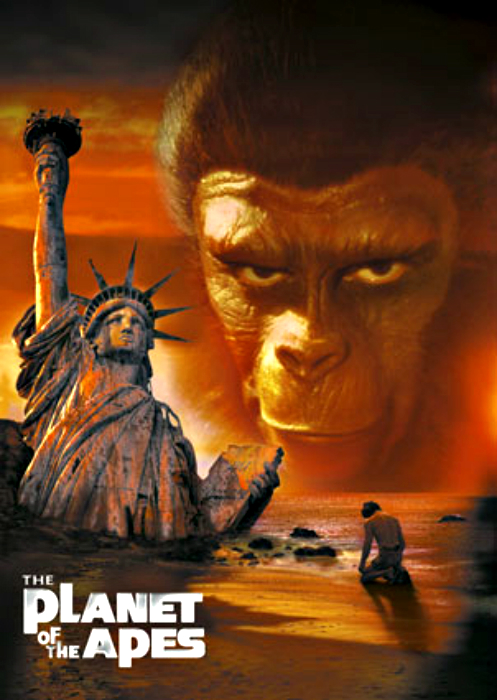
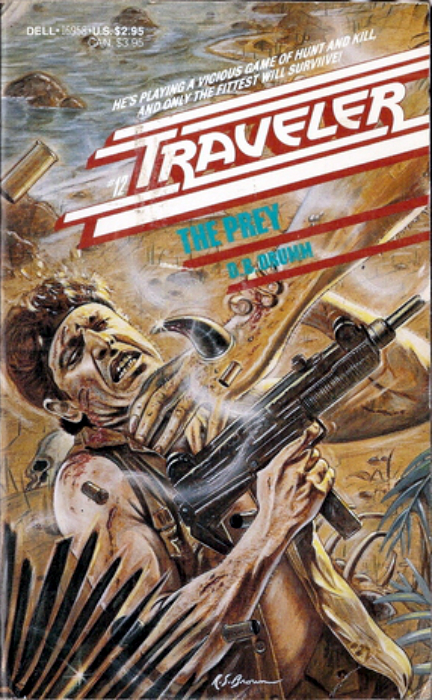
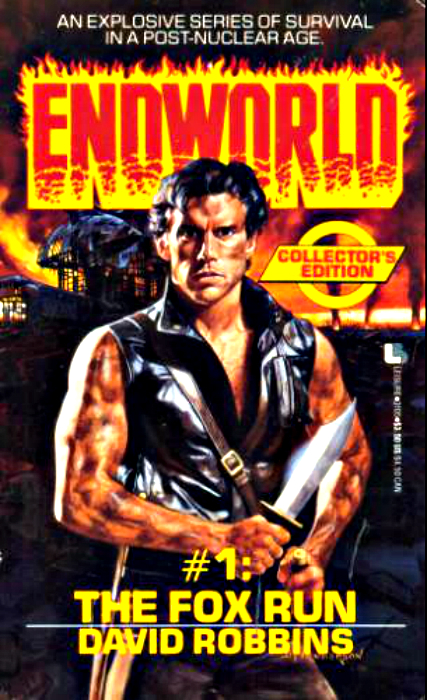
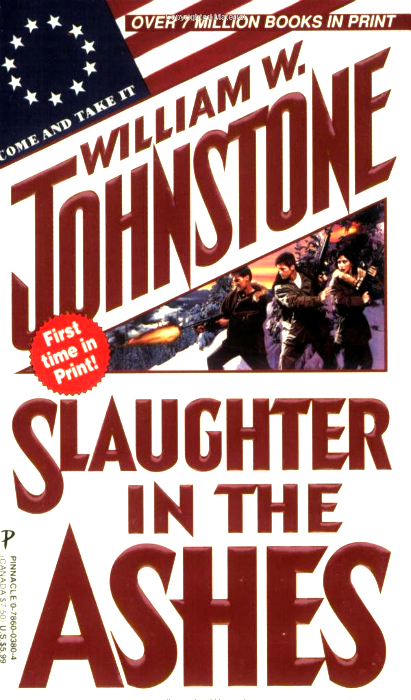
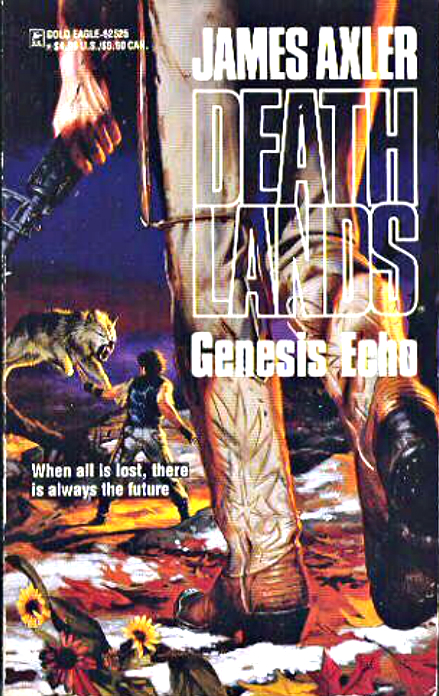
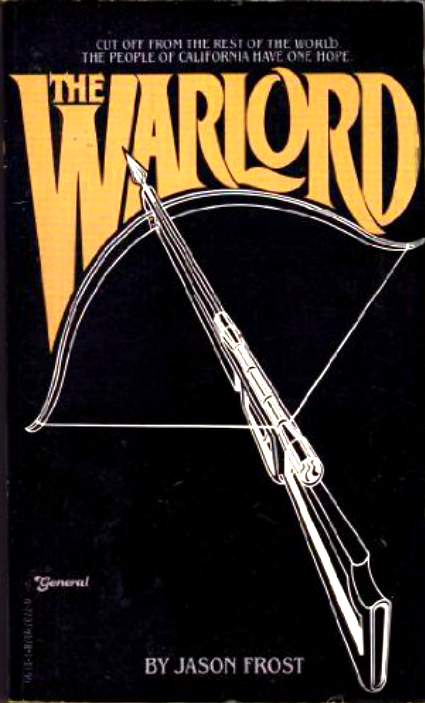


 RSS Feed
RSS Feed
